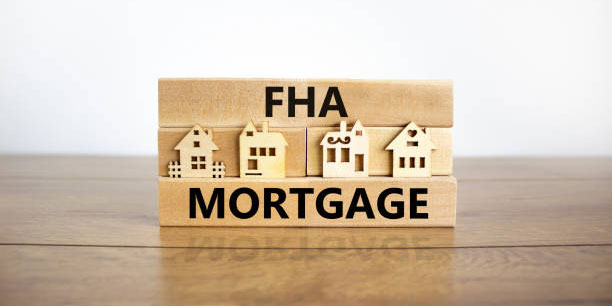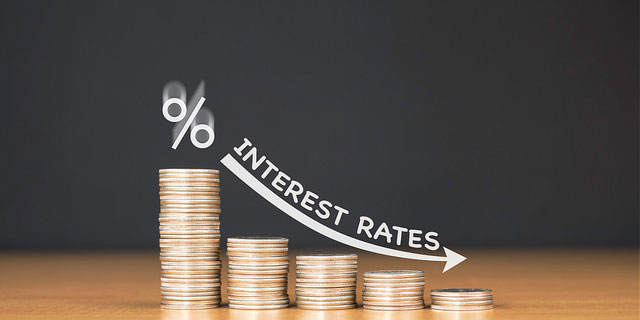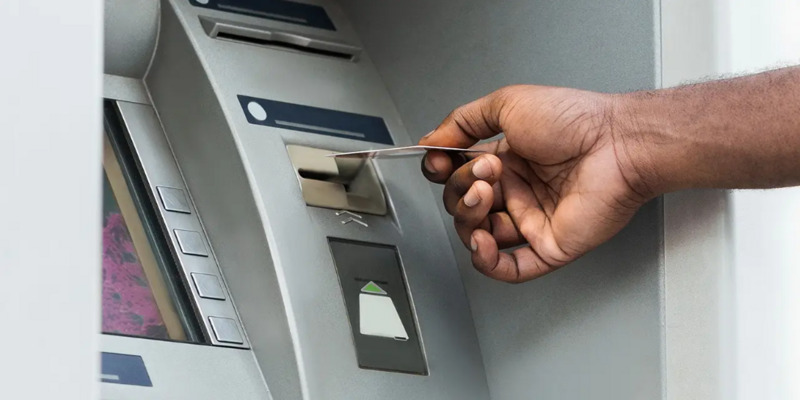If you pay less than the minimum amount that is due on a credit card or loan, your creditors will almost always consider this to be a missed payment, even if you pay more than the minimum amount that is required. Until you pay the entire amount—plus late fees—you might face dire repercussions.
Your credit score may go down since your payment history accounts for 35% of your FICO score. Creditors may try to recover the money they are owed by you via a variety of different channels as well. The following is a description of what occurs with various types of debt when only partial payments are made.
Credit Cards
Your credit card issuer will not accept partial payments as a means of satisfying the minimum payment obligations associated with your account unless you have already reached an arrangement with the firm. Even if you pay a little amount toward your balance, your account will be considered overdue, and the credit card issuer will notify the credit bureaus that you have been late with payments. If you are unable to bring your account current, they may start charging you late fees, turn your debt over to a collection agency, and even sue you.
Auto Loans
Your standing with the lender will determine what will happen with the vehicle loan you have taken out. They may be ready to accept a partial payment from you for the time being if this is the first time you have ever missed a payment, but your loan is considered to be in default when you are more than 30 days past due on payments.
If this occurs, the creditor has the right to reclaim their investment in the vehicle. The creditor has the right to sell your automobile at a public auction if you do not clear the amount. Even after the sale of your automobile and the repossession of your vehicle, you may be required to continue making payments on the loan.
Mortgages
If you cannot make your full mortgage payments and can only pay a lesser amount, your lender may begin the process of foreclosing on your home. In most cases, this doesn't start happening until 120 days after you fall behind on your mortgage payments; thus, you still have time to correct the problem if you can pay the amount that's overdue before the lender decides to foreclose.

What to Do If You Are Unable to Afford Your Payments
Get In Touch With the Lender
Contact your creditors as soon as you understand you won't be able to make a payment when you recognize it. Some creditors of student loans, auto loans, and mortgages, in addition to credit card firms, provide assistance programs for customers who are experiencing economic difficulties. You may defer your payments for a few months via a forbearance process, or you might be able to make interest-only payments for a short while.
For instance, Discover offers a payment help program for those who have credit cards issued by Discover as well as people who have personal loans issued by Discover. If you are laid off from work, get sick, or suffer any other kind of financial hardship, the organization can assist you in determining various payment choices or postponing your payments.
Inquire About the Availability of Other Payment Plans
Even if you do not meet the requirements for a hardship program, you should still inquire with your creditors about whether or not they have any alternative payment plans that might make it simpler for you to pay your debts on time. Borrowers of federal student loans, for instance, can apply for an IDR plan. When you enroll in an IDR plan, the length of your loan is extended, and your monthly payment is determined based on a proportion of the amount of money you have available to spend each month.
Some borrowers can even qualify for payments of $0, meaning they do not have to make any payments to keep their loans current. To put it another way, IDR plans let you make partial payments, but you have to be accepted for the plan first before you can start doing so.
Consolidate Your Debt
If you are struggling to make ends meet due to excessively high monthly payments, debt consolidation may be able to help. You should visit a bank or other respectable lending institution to apply for a personal loan and then use the money from that loan to pay off your credit cards and any other obligations you have.

You will now be responsible for repaying only a single loan, which will likely come with a more favorable interest rate. You may also have the option of extending the length of your loan, which may bring down your monthly payments even more (although the total amount you will pay may go up due to the additional interest).



